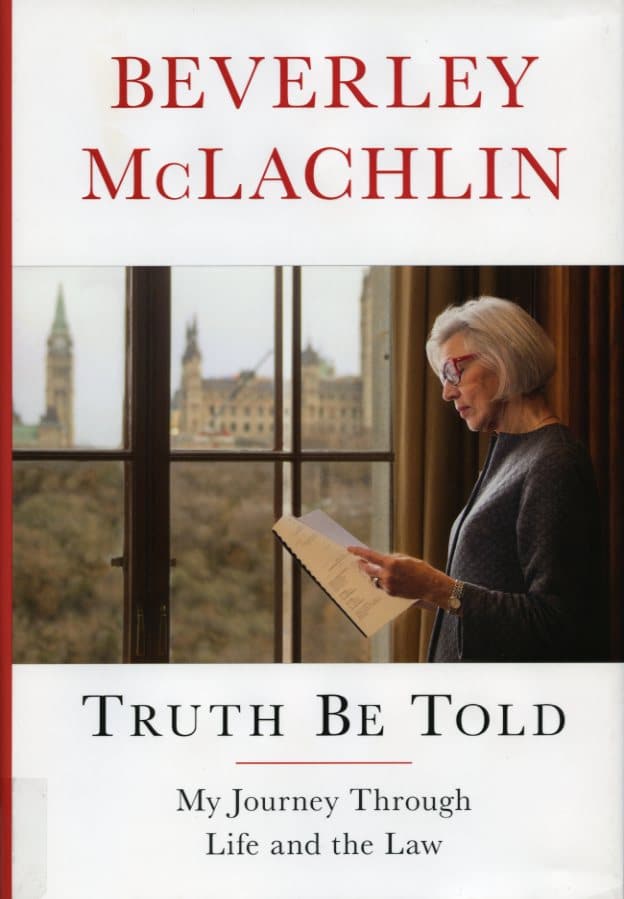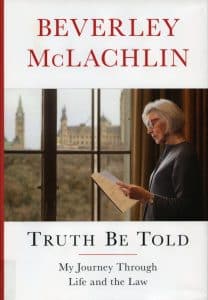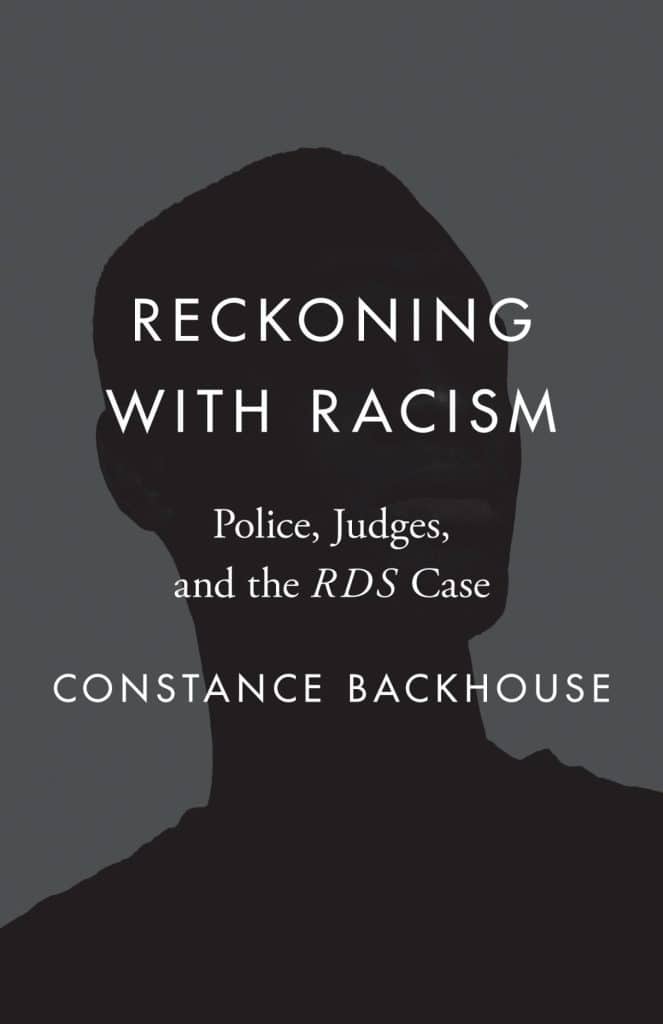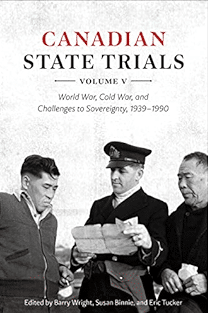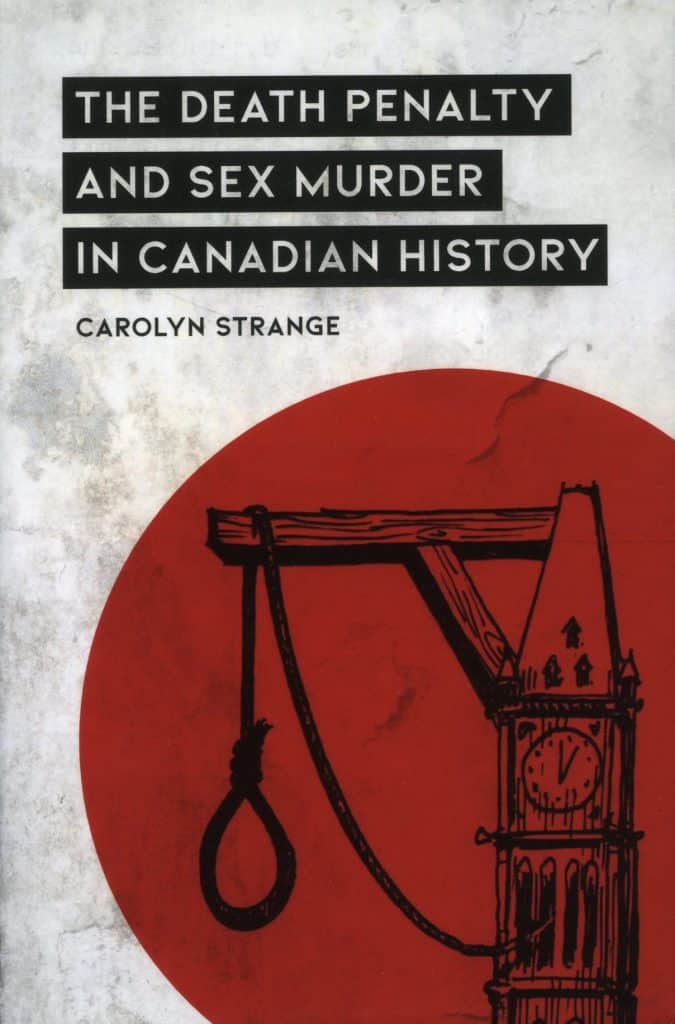McLachlin, Beverley. Truth Be Told: My Journey Through Life and the Law. New York: Simon & Schuster, 2019.
Throughout her life, Beverley McLachlin has played many roles: daughter, sister, devoted mother and wife, student, lawyer, academic, judge and finally Chief Justice of Canada’s highest court. Retiring in December 2017, after being the longest serving Chief Justice of the Supreme Court of Canada and the first woman appointed to that position, her busy schedule has not eased up. In March 2018, Madam McLachlin became the first Canadian appointed as a non-permanent judge to the Hong Kong Court of Final Appeal.
Well before her retirement, Madam McLachlin displayed a passion for non-legal writing. She published her first novel in March 2018, which was started while she sat on the County Court of Vancouver many years ago. She has now completed her autobiography, Truth Be Told: My Journey Through Life and the Law, the first by a retired judge of the Supreme Court of Canada.
One might expect that an autobiography by a former Chief Justice would detail many of the cases she presided over, and she certainly highlights those that have had significant implications for Canada. However, much more fascinating is Madam McLachlin’s refreshingly candid insights into her personal life. From the death of her parents at a young age to the birth of her son to the agonizing loss of her first husband – her greatest champion – she is open and candid about the many struggles she faced in her lifetime.
The memoir, like most, is set in chronological order tracing her life from the early years in Pincher Creek, Alberta, through to her life following retirement. The reader will experience some of the trials and tribulations of growing up in rural Alberta in the post-World War II years, including feelings of isolation, which led her to contemplating suicide, feelings of inadequacy, dealing with preconceived societal roles for women and her first encounters with discrimination towards Canada’s Indigenous communities. These types of issues became major influences on Madam McLachlin’s life and career.
From a young age, she writes, “all I knew was that I wanted to do something that wasn’t ordinary.” It was those aspirations in her early years that influenced the rest of her life. In particular, her weekly trips from the family’s remote ranch to the Pincher Creek public library were life changing. “The Pincher Creek Municipal Library saved my life,” she writes. “Would I have survived without it? Probably,” she continues, but “would I have grown up to be the person I am without it? Most certainly not.” She recalls the many pleasurable hours spent reading and rereading the books she borrowed. She writes, “in the pages of those books, I learned new ways of writing and thinking and feeling and being.”
Despite a desire to something extraordinary, she questioned her abilities throughout her life and career. Grade eight involved one life-changing event. After taking a test to determine what she might be good at, her teacher sat her down and told her, “you have an extremely high reading-retention score. But that won’t do you much good…as a girl, you know.” The teacher continued, “one thing I can tell you: you must never be a waitress or a telephone operator.” It was the first time she encountered society’s predefined roles for women. That attitude of those predefined roles for women were something that she would continue to encounter in university, law school, articling, practice and even while sitting as a judge.
The book is filled with humour, remembrances and a clear vision of the work that lies ahead for the legal system and the country. Madam McLachlin writes about how past values and traditions inform present practices and future directions. She reflects on the growth of Canadian society, but laments that there is still plenty of work to be done, particularly on access to justice and the reconciliation between Indigenous and non-Indigenous peoples.
The book is an easy read for someone with no legal background. Madam McLachlin does a remarkable job using lay language to ensure greater understanding of the many significant cases she discusses. She does, on occasion, discuss the behind-the-scenes work involved with being a judge. In particular, without getting into any personality differences, she details some of the debates between judges on points of law and during the writing of judgements. This insight offers a better understanding of the workload and the importance of the process of making some of the decisions that will affect all Canadians for years to come.
To that point, Madam McLachlin writes that the justice system is for all Canadians and should be made available to those who are not only wealthy. However, the former Chief Justice does not simply make these declarations without a plan. She suggests that the legal and judicial communities across the country must work together to improve public legal education, that there must be an improvement in scheduling and court processing and that there must be the establishment of alternative means to resolve family and civil disputes. She intimates that these are not one-size fits all solutions, but involve ongoing processes that will constantly need to be revised and improved upon.
On reconciliation with Canada’s Indigenous peoples – a topic close to her since her teenage years in Pincher Creek – she writes of the excellent progress Canada has made on this issue, but stresses that more must be done. Part of the reconciliation process is harmonizing Indigenous ideas of justice with European ideas of justice. That is certainly not an easy task, she notes, but it is necessary for securing Canada’s future. She reminds the reader that Canada, as a nation, is not static nor absolute. That the way forward is not to divide, but to respect our differences and work together.
Madam McLachlin served seventeen years as Chief Justice of Canada. She sat as a Justice on the Supreme Court of Canada for twenty-eight years. When she retired in December 2017, Madam McLachlin had served nearly thirty-seven years as a judge, including time on the County Court of Vancouver, the Supreme Court of British Columbia, where she also served as Chief Justice, as well as sitting on the Court of Appeal of British Columbia. As the Chief Justice of Alberta, Catherine Fraser, noted, “Beverley McLachlin’s fingerprints are all over decisions in the post-Charter era,” and “though her judicial career in Canada has come to an end, her judicial and legal legacy will endure.”
